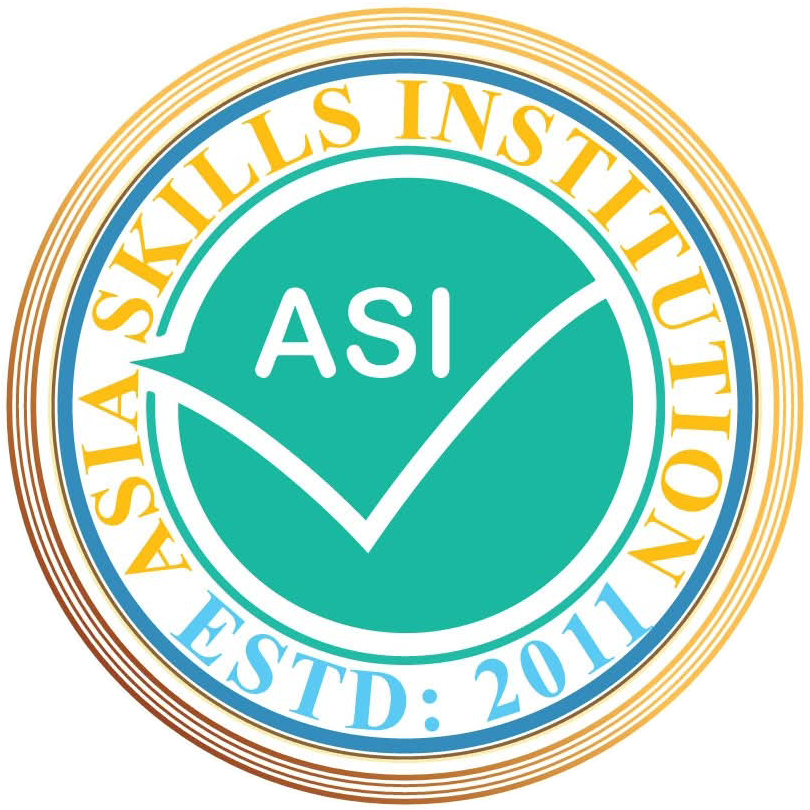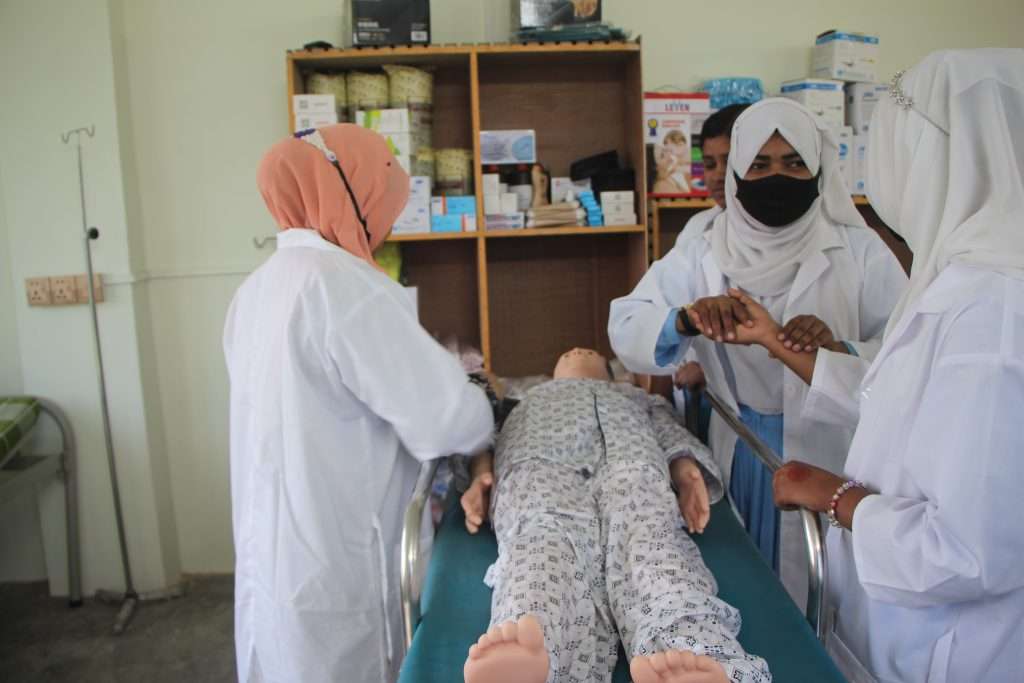Become a Skilled Caregiver with Our General Caregiving Course!
This course is designed to provide you with the essential knowledge and skills required to offer high-quality care to individuals who need support. Learn effective caregiving practices, patient management, and how to create a safe, compassionate environment.
Module 1: Introduction to General Caregiving
1.1 Understanding the Role of a Caregiver
Learn about the fundamental responsibilities and duties of a caregiver, including the importance of empathy, patience, and communication.
1.2 Key Principles of Caregiving
Explore the core principles that guide effective caregiving, from promoting independence to ensuring dignity and respect for those under your care.
1.3 Types of Caregiving Settings
Understand the various environments where caregiving takes place, including private homes, nursing homes, hospitals, and assisted living facilities.
Module 2: Personal Care and Hygiene
2.1 Assisting with Daily Living Activities
Learn how to help clients with daily activities such as bathing, dressing, grooming, and feeding, ensuring comfort and dignity.
2.2 Maintaining Personal Hygiene and Health
Understand the importance of hygiene and cleanliness and how to assist individuals in maintaining their health through proper hygiene practices.
2.3 Preventing Infections and Promoting Wellness
Learn about infection control measures and how to create a clean and healthy environment to minimize the risk of illness.
Module 3: Communication Skills in General Caregiving
3.1 Effective Communication with Clients
Master the art of clear and compassionate communication with individuals under your care, especially those with cognitive impairments.
3.2 Non-Verbal Communication
Understand the importance of non-verbal communication, such as body language, facial expressions, and gestures, in building trust and comfort.
3.3 Supporting Families and Team Communication
Learn how to communicate with the family members of those under your care and collaborate effectively with other healthcare professionals.
Module 4: Patient Safety and Mobility Assistance
4.1 Understanding Patient Safety Protocols
Learn about patient safety, including fall prevention strategies, proper lifting techniques, and ensuring the client’s environment is hazard-free.
4.2 Assisting with Mobility and Transfers
Understand how to assist clients with mobility issues, including transferring them from bed to chair, using mobility aids, and promoting physical activity.
4.3 Handling Medical Equipment
Familiarize yourself with common medical equipment used in caregiving, such as wheelchairs, walkers, and oxygen tanks, ensuring proper usage.
Module 5: Nutrition and Meal Assistance
5.1 Preparing Nutritious Meals
Learn how to prepare and serve nutritious meals tailored to the dietary needs of individuals under your care.
5.2 Assisting with Feeding
Gain practical skills in assisting clients with feeding, whether they require help with eating or specific dietary considerations.
5.3 Hydration and Nutritional Monitoring
Understand how to monitor fluid intake and nutrition, ensuring that clients remain healthy and hydrated.
Module 6: Emotional Support and Mental Well-being
6.1 Providing Emotional Support to Clients
Learn how to offer emotional support and companionship, providing a sense of security and comfort to those under your care.
6.2 Recognizing and Addressing Mental Health Needs
Understand the importance of addressing mental health, including recognizing signs of anxiety, depression, and other mental health conditions in clients.
6.3 Coping with Stress and Burnout in Caregiving
Explore strategies for managing caregiver stress and avoiding burnout while maintaining a high level of care.
Module 7: Handling Medical Emergencies and Basic First Aid
7.1 Recognizing Medical Emergencies
Learn how to identify common medical emergencies and how to respond effectively, ensuring the safety of the client while waiting for medical professionals.
7.2 Basic First Aid Skills for Caregivers
Gain essential first aid skills, such as CPR, wound care, and responding to minor injuries and illnesses.
7.3 Coordinating with Healthcare Providers
Understand how to communicate with healthcare providers, assist with medications, and ensure that the client receives proper medical attention.
Module 8: Legal and Ethical Considerations in Caregiving
8.1 Understanding Caregiver Rights and Responsibilities
Learn about your rights and responsibilities as a caregiver, including the importance of professional conduct and confidentiality.
8.2 Ethical Challenges in Caregiving
Explore common ethical challenges in caregiving, such as respecting autonomy and managing family dynamics, and how to navigate them professionally.
8.3 Legal Framework for Caregivers
Understand the legal implications of caregiving, including laws related to patient rights, safety, and reporting requirements.

